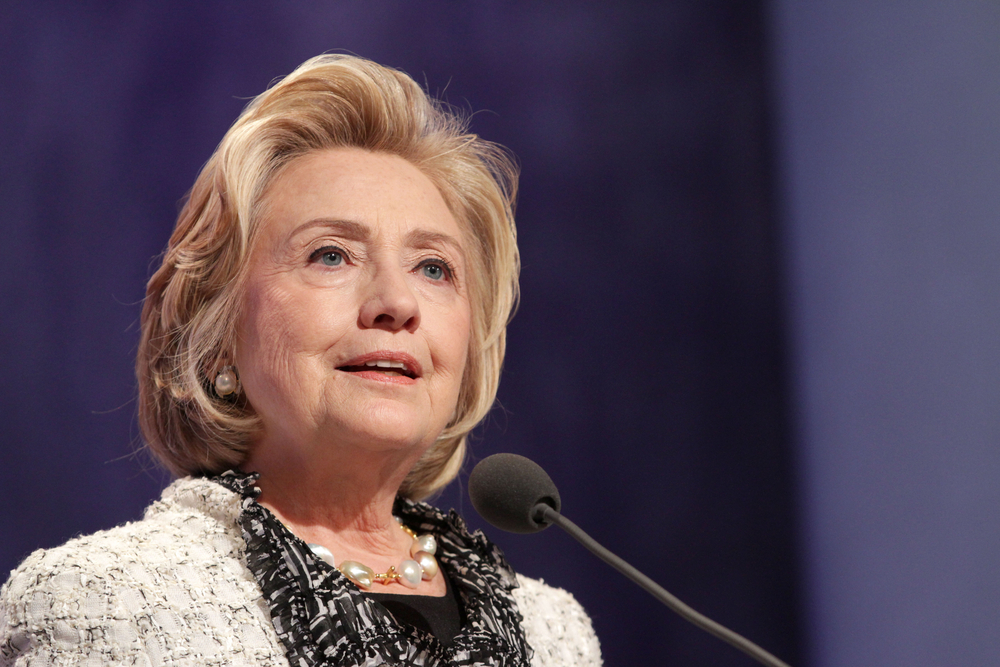On June 2, presidential candidate Hillary Clinton gave a national security speech that was less a foreign policy speech, and more a partisan attack on Donald Trump, IPS’s Phyllis Bennis said in an interview with the Real News Network.
“She talked about all of the crazy stuff that Donald Trump has said. That’s easy to do,” Bennis said. “But her alternatives, her proposals are not working either.”
Clinton mentioned a set of broad ideas for dealing with ISIS, including intensifying air campaigns. Bennis said this is something Clinton has talked about for a long time, and something that President Obama has been doing for a long time, and it hasn’t defeated ISIS or ended the war.
For a campaign that’s running on the value of experience, Bennis said Clinton did not talk about her role in the intervention of Libya, where regime change left the country in absolute chaos and violence.
“She was the Secretary of State, not the Secretary of Defense. As diplomat-in-chief, whether it was about Iraq, or about Libya, her choice was always military,” Bennis said.
Even as she touted her involvement in the nuclear deal with Iran during her speech, Clinton focused on her job as being to get tougher sanctions, Bennis said, keeping her focus on her credibility as a warmonger.
“The problem that poses for people across this country is that the choice between the kind of chaos of Trump’s policy that’s so incredibly dangerous, versus a very clear, very committed militaristic commitment to regime change and U.S. domination in the Hillary Clinton foreign policy is not much of a choice,” Bennis said.
Clinton’s national security speech put her to the right of Trump on foreign policy, and that’s why, Bennis said, it’s important that this speech came out before the California primary.
Although Clinton was positioning herself as if she were already the nominee of the democratic party, “There is still a choice,” Bennis said.
Although Bennis has her own idea for what a Bernie Sanders’ foreign policy should look like, based on the idea of ‘no wars for the billionaire class’, she noted that his campaign has made its interest in engaging with social movements a much more critical part of what it means to run for president in this country.
“As progressives, our movements have not demanded collectively enough focus on an alternative foreign policy that’s based on diplomacy instead of war, not diplomacy as one weapon of war,” Bennis said.
